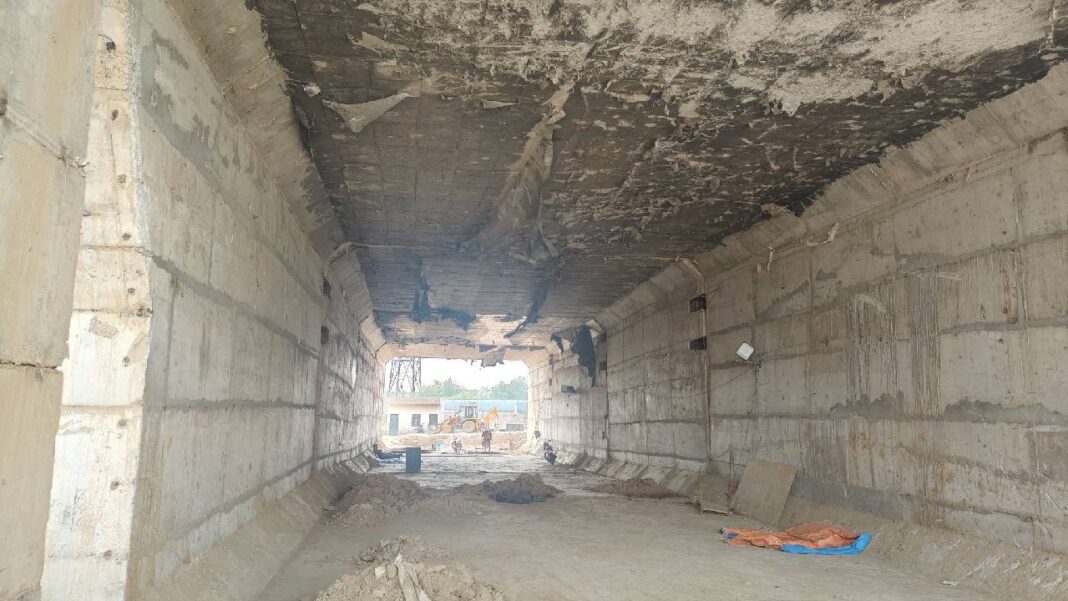PNS|Hyderabad
Amid concerns over the drainage congestion triggered by the backwaters of the Polavaram Irrigation Project (PIP), the Central Water Commission (CWC) has been tasked with conducting a detailed study on six major streams in Telangana.
The move follows an inter-state meeting held on April 8 between Andhra Pradesh and Telangana, where it was decided to scientifically assess the backwater impact of Polavaram in Telangana’s low-lying basins.
Responding to a formal request from the Polavaram Project Authority (PPA), the Hydrology (South) Directorate of the CWC has sought specific data and cross-sections from the Telangana government to begin the fieldwork.
A letter dated May 23 from Chief Engineer Vishal Garg outlines the detailed requirements, including survey intervals, upstream limits, and GPS coordinates for each of the six affected streams.
The directive says that the streams identified for the study are the Turubaka Vagu River (up to 33 km upstream, cross-sections every 750 metres), the Yetapaka local stream (up to 3.5 km, every 500 metres), the Edullavagu River (up to 19.5 km, every 750 metres), the Peddavagu River (up to 24 km, every 750 metres), the Domalavagu River (up to 23 km, every 750 metres) and an unnamed local stream (up to 1 km, every 200 metres).
The latitude and longitude must be provided for all these locations, including the confluence points of the Domalavagu and the Kinnersani rivers with the Godavari.
In a letter issued earlier by Maddala Raghuram, Member Secretary of the PPA, it was said that the initiative is essential given the sensitivity of the issue and its inter-state implications. The PPA has committed to bearing the entire cost of the field study and has deputed an officer, Ch. Sanjeev, to coordinate with the CWC. Officials indicated that the study is not only necessary for scientific clarity on backwater effects, but is also critical for future planning of flood mitigation and land use in affected areas.
With this, Telangana’s long-standing apprehension regarding potential inundation from Polavaram’s water spread gains technical traction.
The outcome of the study is expected to shape future negotiations between the two states on irrigation and river basin management.




